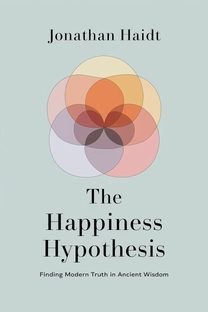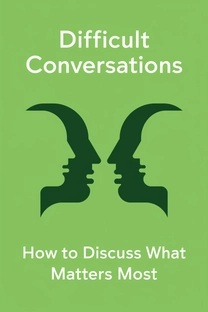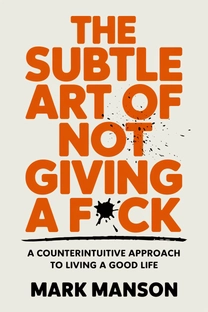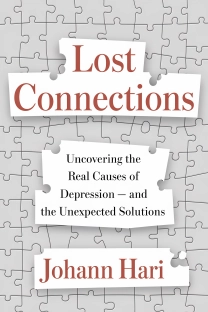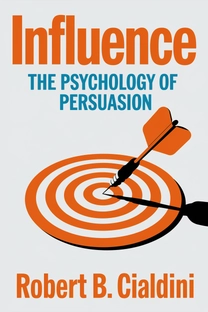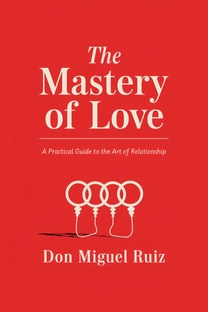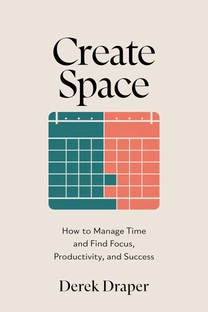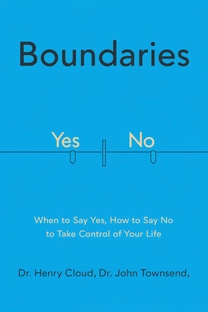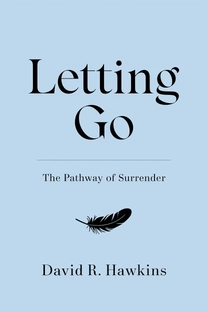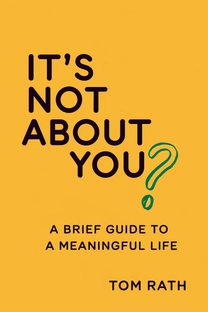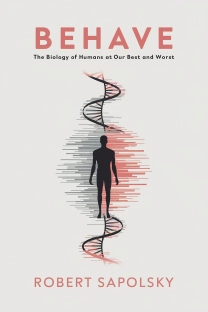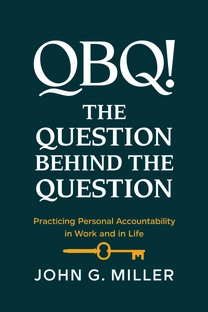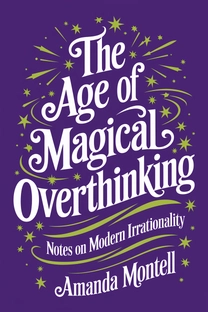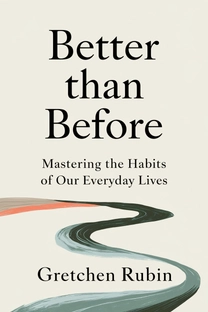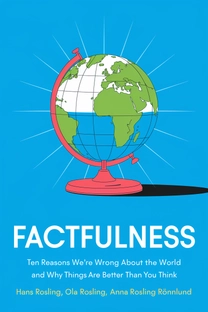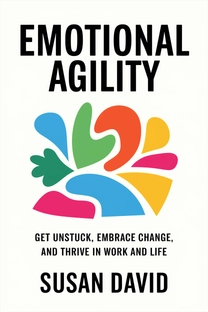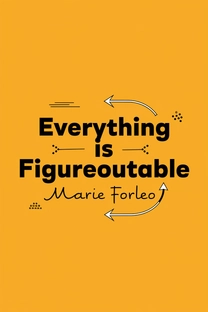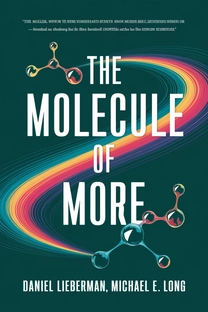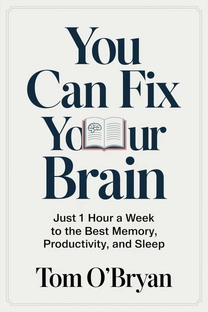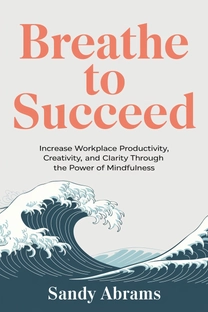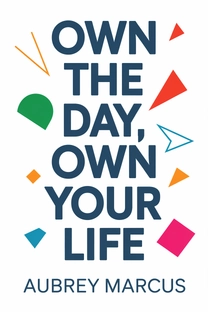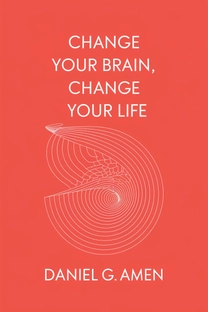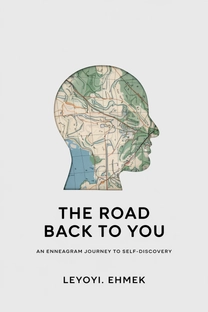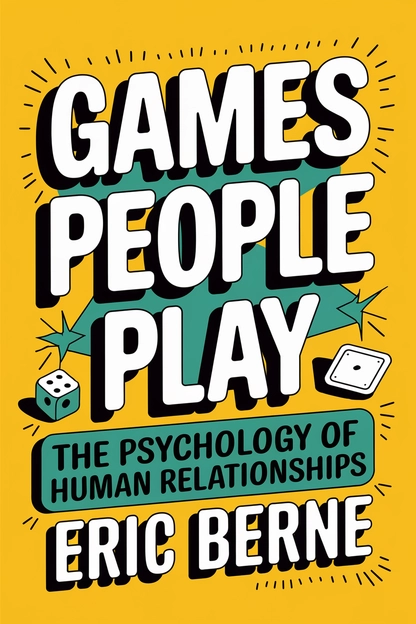
Games People Play
The Psychology of Human Relationships
by Eric Berne
Brief overview
This book delves into the many ways we navigate human relationships by revealing what actually happens beneath seemingly simple interactions. It explains how we unconsciously adopt certain roles and “games,” and how these patterned maneuvers can thwart genuine closeness. By understanding these dynamics, you gain new awareness of your own behaviors and discover healthier ways to communicate.
Introduction
When we greet a friend with a quick “Hi!” or join in a witty back-and-forth at a party, there’s far more happening than meets the eye. Our lives are filled with subtle patterns of engagement—rituals, pastimes, and more elaborate “games.” Games, in this sense, aren’t frivolous pursuits but rather psychological scripts we follow, often without realizing it. Each one yields predictable outcomes, shaping our connections and validating unspoken beliefs.
In this summary, we look at the hidden logic behind seemingly everyday interactions. You’ll see how old emotional needs drive us to maneuver, manage, or even manipulate each other, and how recognizing these patterns lets us replace them with more direct, honest relating. Think of it as learning how a magic trick is done—once you know the secret, you’re ready to leap beyond illusions.
We’ll walk through core concepts: who’s speaking when you speak, how we crave “strokes,” and which games we play to satisfy (or sabotage) our deeper yearnings. We also explore how to free ourselves from these habits, so we can have authentic, nurturing exchanges instead.
Foundations of Human Interaction
According to transactional analysis, humans share three fundamental needs: stimulus-hunger, recognition-hunger, and structure-hunger. We all thrive on input from the outside world, need acknowledgment from others, and require a way to use our time meaningfully. These drives motivate much of our social behavior—including the games we learn.
For example, a new mother often holds her baby close, providing physical touch and eye contact. This satisfies both the baby’s stimulus-hunger (touch) and recognition-hunger (attention). Later, the child grows older and learns to get “strokes” in more subtle ways—compliments, teasing, or even conflict. If we’re not conscious of these attempts, we might end up picking a fight just to ensure we don’t fade into the background.
Ultimately, these cravings are perfectly normal. They only become problematic when we adopt counterproductive strategies to fulfill them, repeating stale or even toxic patterns that hamper true closeness.
What is Games People Play about?
In 'Games People Play: The Psychology of Human Relationships,' Eric Berne takes readers on a fascinating journey into the hidden dynamics that govern our interactions. This groundbreaking book decodes the unconscious 'games' we play with others—subtle sequences of behavior that drive our relationships, shaping them for better or worse. By drawing on the principles of Transactional Analysis, Berne unveils the mechanics behind seemingly trivial social exchanges, offering deep insights into how our perceptions and choices influence our connections with others.
Berne's work is an invitation to delve beneath the surface of everyday life, encouraging readers to recognize and understand the roles they adopt unconsciously. By addressing the conflicts that arise from entrenched patterns or 'plays,' the book empowers individuals to foster more genuine, game-free relationships. This awareness leads to increased emotional freedom, allowing for authentic interactions that nurture mutual growth and understanding, impacting all facets of life, from personal to professional.
Ultimately, 'Games People Play' provides not just a lens through which to view human behavior, but a practical guide to transforming it, making it a timeless asset for anyone interested in psychology and self-improvement.
Review of Games People Play
Eric Berne’s 'Games People Play' succeeds brilliantly in unraveling the complex yet often predictable nature of human relations. Its brilliance lies in how it elucidates intricate psychological concepts with simplicity and depth, making it accessible to a wide array of readers. Berne lays a powerful foundation with Transactional Analysis, skillfully dissecting interactions through the lens of Parent, Adult, and Child ego states.
One of the book’s key strengths is its practical applications. By revealing how everyday interactions are often scripted performances, it offers readers the tools to break free from limiting patterns. The narrative unveils myriad 'games,' from common scenarios like 'Why Don't You – Yes But' to more profound dynamics like 'If It Weren't for You,' showing how we often unconsciously sabotage our connections.
Berne’s writing is both insightful and approachable, providing readers not only with understanding but also with tangible techniques for fostering genuine relationships. The blend of professional insight and relatable, real-world examples ensures the content resonates broadly, whether you're a psychology enthusiast, a mental health professional, or someone keen on improving personal connections. The book stands as an invaluable guide, unparalleled in its ability to illuminate the psyche's nuanced intricacies.
'Games People Play' is not just recommended reading; it’s essential for those aspiring to deeper relational authenticity. By learning to spot these 'games,' readers can pivot towards more fulfilling and truthful interactions, making the text a cornerstone for personal growth and understanding.
Who should read Games People Play?
- Psychologists and Mental Health Professionals: Gain insights into transactional dynamics that can amplify therapeutic engagement.
- Individuals Seeking Self-Improvement: Discover ways to identify and modify repetitive, unhelpful relationship patterns.
- Couples Interested in Relationship Enhancement: Learn to engage with partners beyond established 'games' for deeper intimacy.
- HR Professionals and Managers: Better understand staff dynamics and foster a more collaborative workplace environment.
- Students and Enthusiasts of Psychology: Explore essential transactional analysis concepts and their impact on human behavior.
About the author
Book summaries like Games People Play
Why readers love Mindleap
10-Minute Book Insights
Get the core ideas from the world's best books in just 10 minutes of reading or listening.
Curated For You
Discover your next favorite book with personalized recommendations based on your interests.
AI Book ExpertNew
Chat with our AI to help find the best book for you and your goals.
Reviews of MindLeap
Love how I can get the key ideas from books in just 15 minutes! Perfect for my busy schedule and helps me decide which books to read in full.
Alex R.
The summaries are incredibly well-written and the audio feature is perfect for my commute. Such a time-saver!
Jessica M.
Great app for personal growth. The insights are clear and actionable, and I love how they capture the essence of each book.
Chris P.
The app is beautifully designed and the summaries are top-notch. Definitely worth every penny!
Sarah K.


